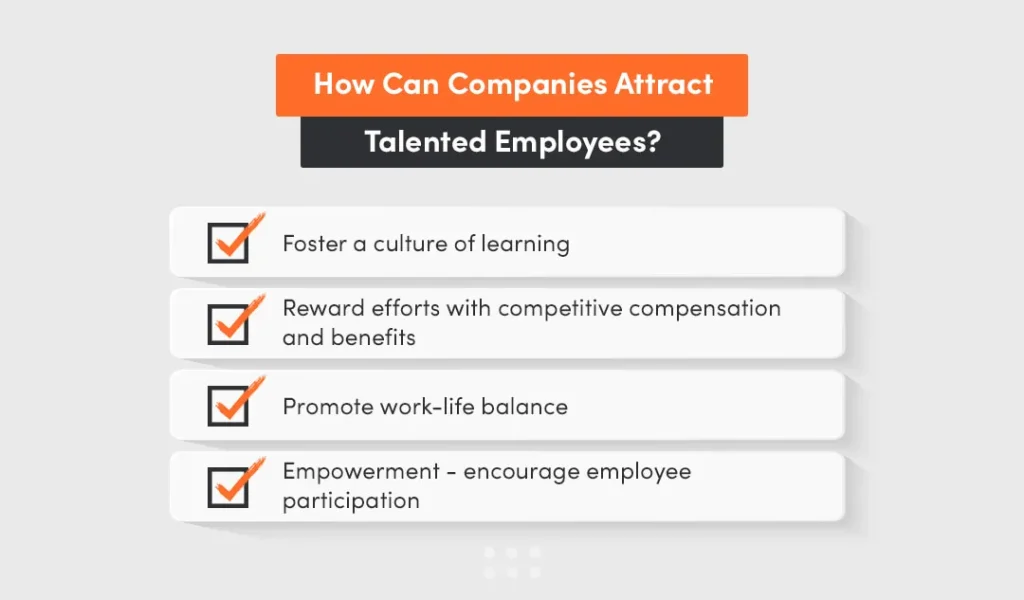In today’s ultra-competitive hiring landscape, startups often find themselves at a disadvantage when competing with large tech giants for skilled developers, engineers, and IT specialists. With fewer resources, lower salaries, and limited brand recognition, how can early-stage companies attract top talent?
The good news: startups offer something that big corporations often can’t—flexibility, purpose, and the opportunity to make a tangible impact. With the right strategy and smart recruiting practices, even the smallest companies can appeal to high-performing candidates.
1. Build a Mission That Inspires
Top tech professionals often look beyond salary when considering job offers. They want to work on exciting problems with real-world applications. Startups can use this to their advantage by clearly communicating their mission and the impact of their product.
Whether you’re creating sustainable tech or innovating in AI, emphasize how team members will help shape the future—and show real examples of how their work matters.
2. Offer Flexible Work Arrangements
Work-life balance and flexibility are high on the priority list for most job seekers. Offering remote work, flexible hours, or results-oriented schedules can be more attractive than a slightly higher salary at a traditional 9-to-5 job.
Many startups already operate with these models—turn them into selling points during the hiring process.
3. Focus on Career Growth and Learning
Startups can’t always offer the highest salary, but they can often provide unmatched growth opportunities. Employees in small teams wear multiple hats, learn new skills fast, and can rapidly climb the ranks.
Highlight these learning opportunities in your job descriptions and interviews. Candidates who value skill-building and fast-paced environments will appreciate the chance to grow quickly.
4. Streamline the Hiring Process
Speed is key. Talented candidates are often interviewing with multiple companies, so a long or disorganized process can cause you to lose them. Make your hiring steps clear, concise, and efficient.
Provide timely feedback, schedule interviews promptly, and avoid unnecessary tests unless they directly reflect the job’s responsibilities.
5. Tap Into Niche Recruiting Expertise
You don’t have to do it all alone. Working with a recruitment agency that understands the nuances of tech hiring can help you compete with bigger companies. Specialists in the field can connect you with passive candidates who aren’t actively job hunting but are open to the right opportunity.
Agencies like Synergie technical recruiting specialize in matching startups with skilled tech talent who align with both the role and the company’s culture. Their insight into candidate expectations and market trends can help startups present competitive offers—even on a budget.
6. Create a Strong Employer Brand
Your website, social media, and job descriptions should all reflect your values, team culture, and what it’s like to work at your company. Share behind-the-scenes content, employee testimonials, or even casual team updates.
People are more likely to apply to companies they feel emotionally connected to—and your brand voice plays a big role in creating that connection.
7. Emphasize Equity and Ownership
Startups can offer something unique—equity. While base salaries may be lower, the long-term payoff of stock options or profit-sharing can be a major incentive for candidates who believe in your vision. Just be clear about what’s on the table and how the equity plan works.
Conclusion
Startups may not have the budget of a tech giant, but they have agility, purpose, and potential on their side. By creating a compelling work environment, acting quickly, and leaning on experienced recruiters, small companies can successfully attract and retain the tech talent they need to grow.

